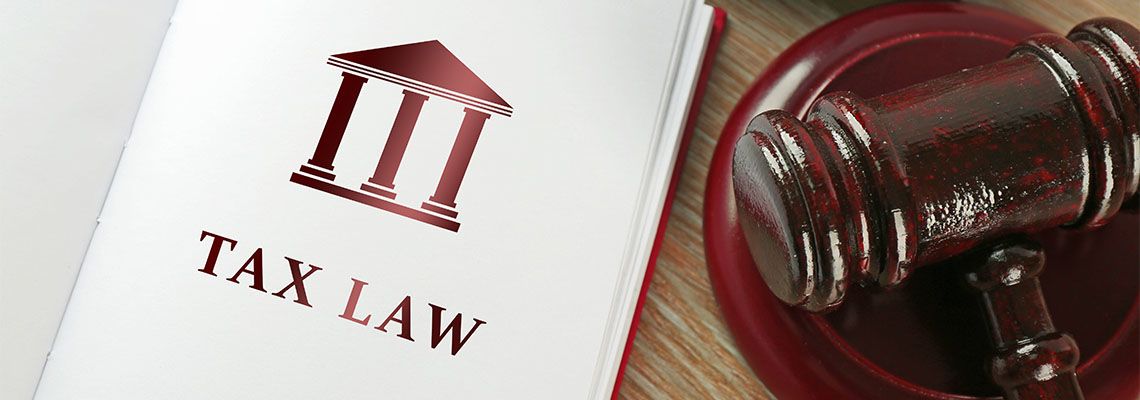
Tax Issues: Which Chapter to Choose?
Bankruptcy can be a game-changer when it comes to getting a fresh financial start. However, not every debt can be eliminated or discharged through bankruptcy. If you have tax issues or owe huge tax debts and past-due taxes, it’s important to consult with an experienced California bankruptcy attorney to fully understand your options.
At The Orantes Law Firm, our team is dedicated to offering comprehensive legal guidance and advocacy to clients in bankruptcy and tax debt-related matters. Our attorney will listen to your story, assess the amount of past-due taxes you owe, and determine the ideal chapter of bankruptcy that may be right for you. We proudly serve clients across Los Angeles, Irvine, Orange County, and all of Los Angeles County, California. Set up a consultation today.
Tax Issues During a Bankruptcy Case
One of the requirements to file for bankruptcy in California is your income tax returns. When submitting your bankruptcy forms and supporting documents to the court, you must also provide your tax returns of up to 4 years prior to your filing.
In addition, you must continue to pay your taxes or seek an extension to allow you to file your tax returns later. Once your taxes become due, you must pay them as soon as possible. Failure to pay taxes or file your tax returns can make the bankruptcy court throw out your case.
Depending on your unique financial situation, the chapter of bankruptcy you're filing for, and other surrounding circumstances, some of your tax debts may be eligible for a discharge. A lawyer can guide you through the proper channels and the proper processes.
Managing Tax Debts With Chapter 7 Bankruptcy
Chapter 7 bankruptcy is certainly an option for many individuals and business owners. Chapter 7 can wipe out most of their general unsecured debts—such as personal loans, credit card debts, and medical bills—and offer them a fresh financial start. However, it is only possible to eliminate your tax debts through Chapter 7 bankruptcy if:
The back taxes are income taxes.
You have passed the "240-day rule."
You didn't falsify your tax return.
You filed your tax return at least two years before filing your bankruptcy petition.
You didn't may any deliberate attempt to avoid paying your taxes.
The past-due taxes are older than three years.
At the end of your Chapter 7 case, you may be eligible for tax debt discharge. Consult with a lawyer to explore your options regarding Chapter 7.
Managing Tax Debts With Chapter 11 Bankruptcy
Chapter 11 bankruptcy is designed for businesses. Specifically, this kind of bankruptcy gives businesses that are overburdened with debts sufficient time to restructure their business affairs, assets, and debts while they continue running the business.
At the end of your Chapter 11 case, some of your business tax debts may be discharged. However, you may have to repay other tax debts, such as payroll tax over time, through a structured reorganization plan using your future income.
Managing Tax Debts With Chapter 13 Bankruptcy
You may be able to resolve your tax issues and settle your back taxes by filing for Chapter 13 bankruptcy. Here, you will have to propose a feasible repayment plan—structured between 3 and 5 years—to pay your past-due taxes using your future earnings. Essentially, filing for Chapter 13 might help you achieve the following:
Tax debts of three years or more might be forgiven.
No additional penalties or interest will accrue on your dischargeable tax debts.
The IRS will accept your Chapter 13 repayment plan if you do not default.
If you're thinking about filing for bankruptcy to wipe out your tax debts, you should get in touch with a dedicated tax debt or bankruptcy attorney right away. Your legal counsel can help you understand your options.
Taxes That Can Be Eliminated From Bankruptcy
Generally speaking, some of the taxes that can be wiped out through bankruptcy include:
State income tax debt
Federal income tax debt
Tax debts that might put you into undue hardship if you pay them
Tax debts that are three or more years old
Tax debts from errors or mistakes
Taxes That Cannot Be Eliminated From Bankruptcy
Keep in mind that filing for bankruptcy may not eliminate the following tax debts:
Payroll taxes
Fraud penalty taxes
Tax liens (that is, a legal judgment against your property)
Let Our Experience Guide You
Getting a bankruptcy discharge can help eliminate some of your tax debts. However, before you file your bankruptcy petition, you need to know your bankruptcy options and how each chapter can help manage your tax debts. At The Orantes Law Firm, our attorney has devoted his career to advising and guiding consumers in complicated bankruptcy matters involving tax debts. Ultimately, our goal is to help you achieve the debt relief and financial stability that you deserve.
Contact us at The Orantes Law Firm today to schedule a simple case assessment. Our firm proudly serves clients across all of Southern California, including Los Angeles, Irvine, and Orange County.
